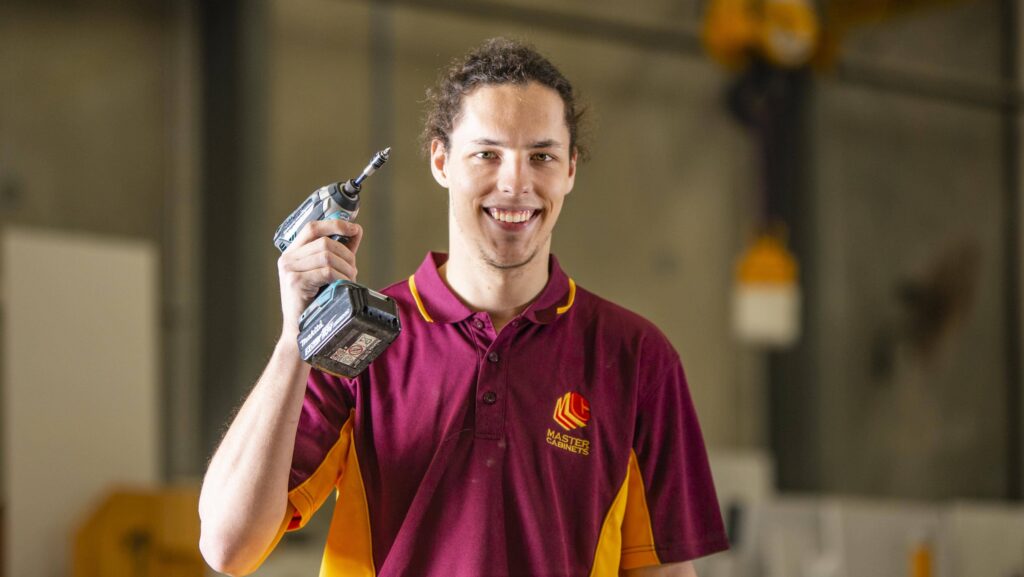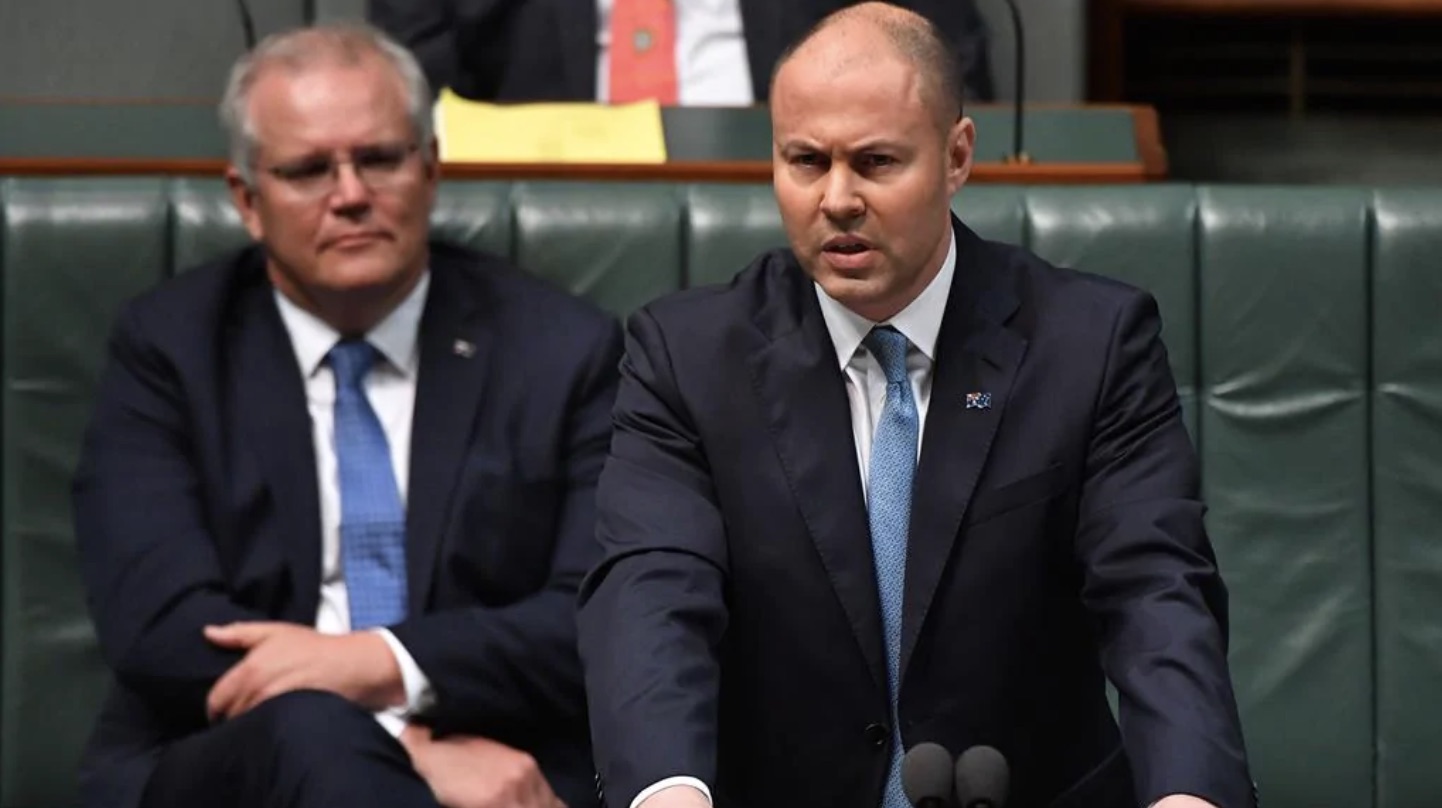The Federal Budget 2020 put forward by Treasurer Josh Frydenberg has promised that Australia’s economy will not crumble under the might of the coronavirus, despite a projected $213 billion deficit.
The Greek Herald has compiled the ‘Winners and Losers’ of the proposed federal budget, calculated with reference to funds funnelled in to Australia’s economic industries.
Winners
Young workers
The big winners in the Federal Budget 2020 are young workers, with the Treasurer promising dedicated support to businesses to help keep employment up and the economy rolling.
Businesses will be able to apply for cash grants, encouraging them to create new jobs and hire young workers through a “JobMaker Hiring Credit” scheme. Businesses that hire people who have been on JobSeeker, Youth Allowance or the Parenting Payment for at least one of the previous three months will get $200 a week for 12 months if their new staff member is 16-29 years old and $100 if they are between 30 and 35.

It was reported in the weeks leading up to the Federal Budget that up to 100,000 apprentices will receive additional support. Josh Frydenberg announced that the government will spend $1.2 billion to subsidise up to 50 per cent of an apprentice’s wages for eligible businesses up to a cap of $7000 a quarter until September 30 next year.
Business owners
Tax cuts were a big incentive made by the government as part of the proposed budget, and no industry will benefit more than businesses, particularly business owners.
Any company with turnover up to $5 billion a year will be allowed to write off the full cost of any depreciable asset they buy before June 30, 2022. At the same time, an estimated one million companies that record a loss up to the 2021-22 financial year will be able to offset it against their previous profits made after 2018-19 to generate a refund from the tax office.

Combined, the measures are estimated to give business more than $30 billion over the forward estimates.
Mental Health
The recognition of mental health illness in Australia, particularly during COVID-19 isolation, was a powerful topic during the Treasurers budget announcement last night. The government announced that Medicare-subsidised psychology sessions that patients can access in a year has been doubled to 20 for all Australians.
READ MORE: Why Greek youth are suffering in silence and the importance of intergenerational dialogue
READ MORE: Mental health expert emphasises family responsibility in monitoring mental health deterioration
Farmers and regional Australia
Farmers were promised a special regional package of $550 million to help them recover from the financial effects of COVID-19, along with the devastating droughts and bushfires earlier this year.
Part of this will include $250 million aimed at increasing regional tourism and $30.3 million to improve mobile and broadband services in rural areas.
Losers
Childcare
Assistance for childcare providers was left unmentioned in the Federal Budget. With parents returning to work, many expected there would be some announcement to ease the burden of placing children in childcare while their parents added to the economy.
The government had provided support earlier in the year when nationwide restrictions were introduced, providing a $1.9 billion lifeline to the childcare sector.

Superannuation
People will be hoping their super funds are performing up to standard after the Budget announced $17.9 billion will be spent over 10 years to hold funds to account for underperformance.
The trustees that oversee funds would also have to comply with a tighter requirement to act only in their members’ best financial interests, which could make it harder for super funds to raise broader social concerns.
Migrants
For the first time in years, Australia’s migration numbers are expected to drop, with the Government forecasting net overseas migration will fall from around 154,000 in 2019-20 to -72,000 by the end of 2020-21.
It is expected to gradually increase to around 201,000 in 2023-24.
The Government is, however, increasing the family stream of immigration “on a one-off basis” and prioritising partner visitors for people living in regional Australia.
Women
Women over 45 were the most likely to be on JobSeeker before the advent of COVID-19 and the budget does not offer them the same support to get back to work as younger workers whose employers are eligible for JobMaker credits.
The new Women’s Economic Security Statement in the budget did announce $240 million of funding measures for the next four years, focusing on increasing jobs for women in male-dominated industries like construction, more co-funded grants for women-founded start-ups, and a focus on encouraging girls and women to pursue careers in STEM.

